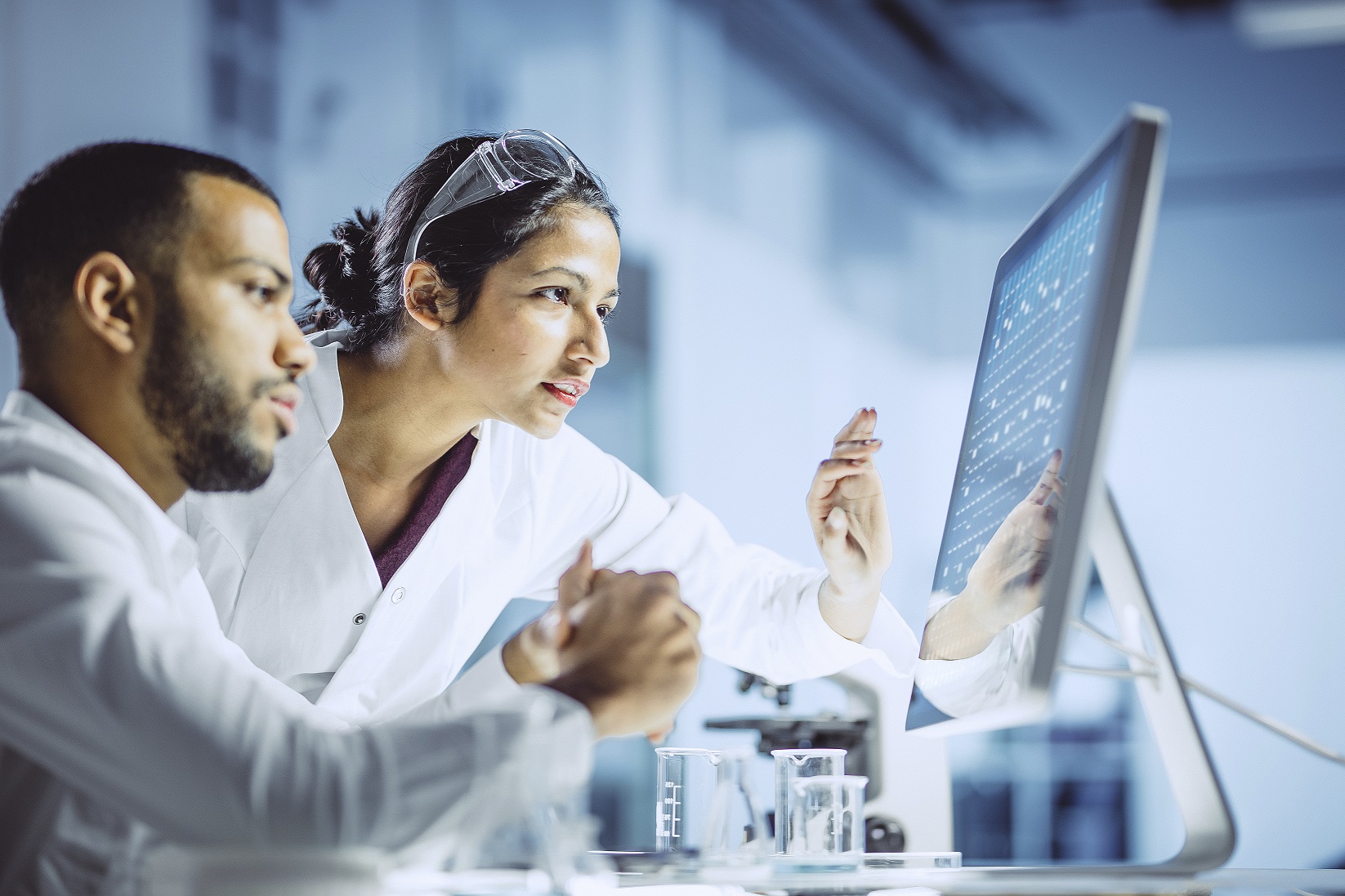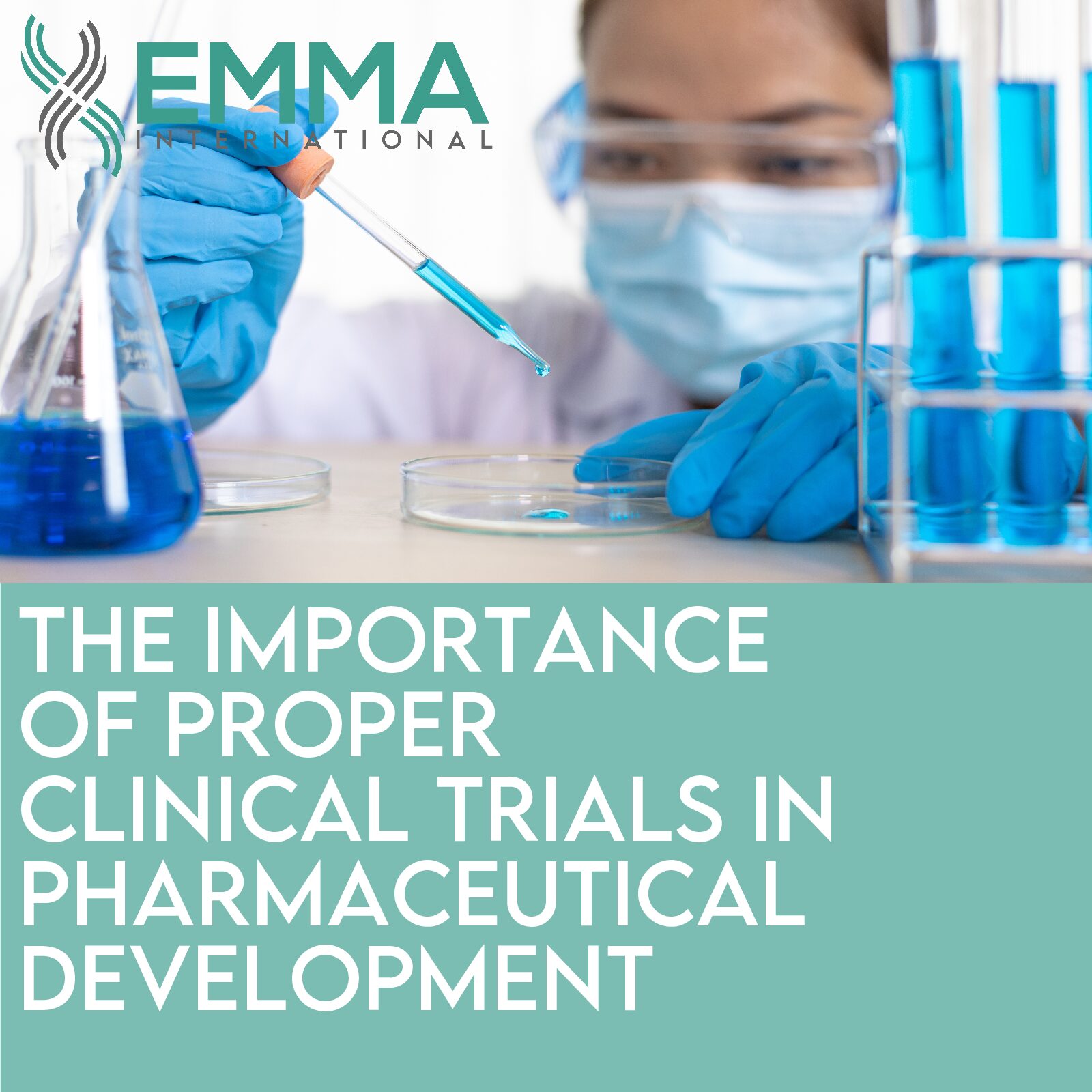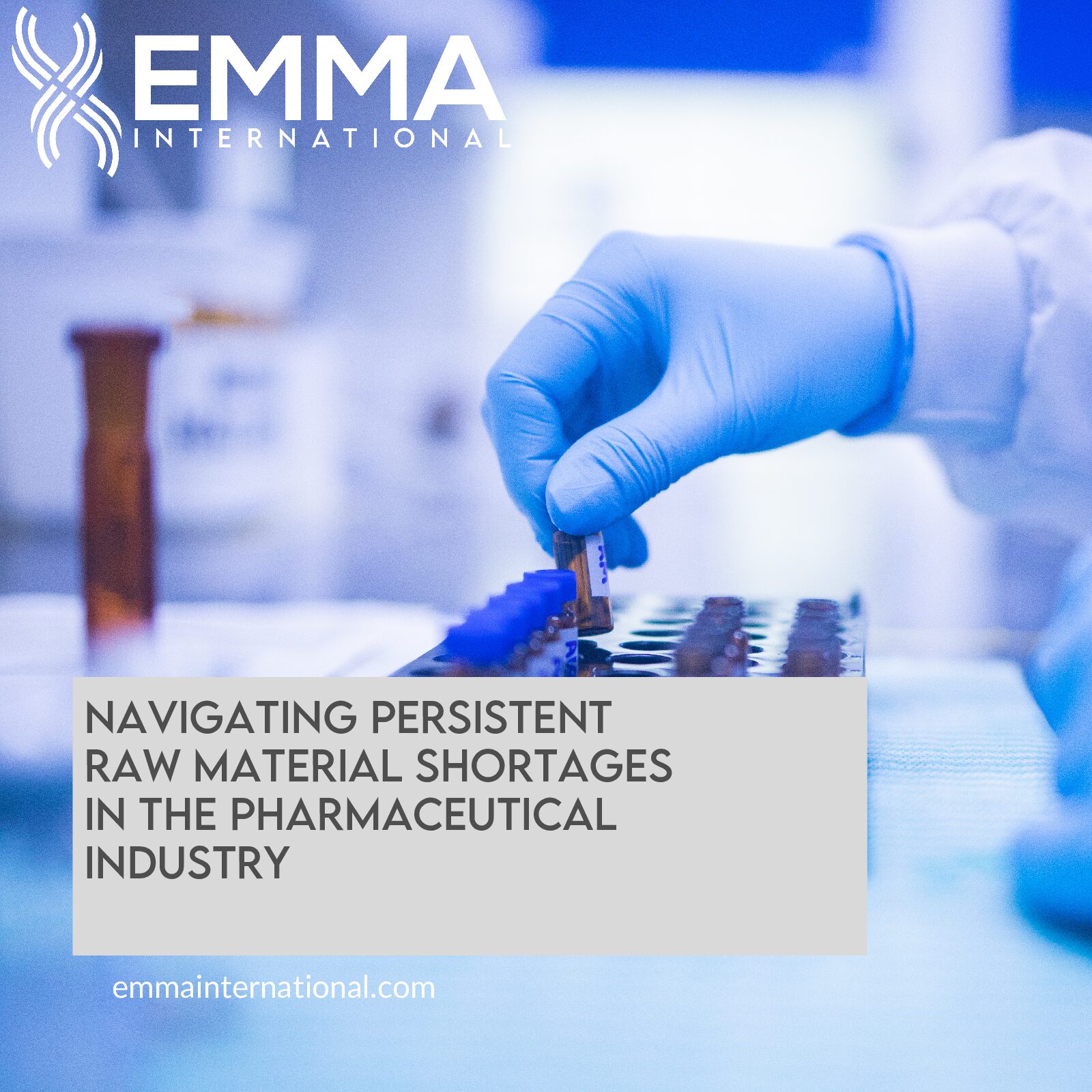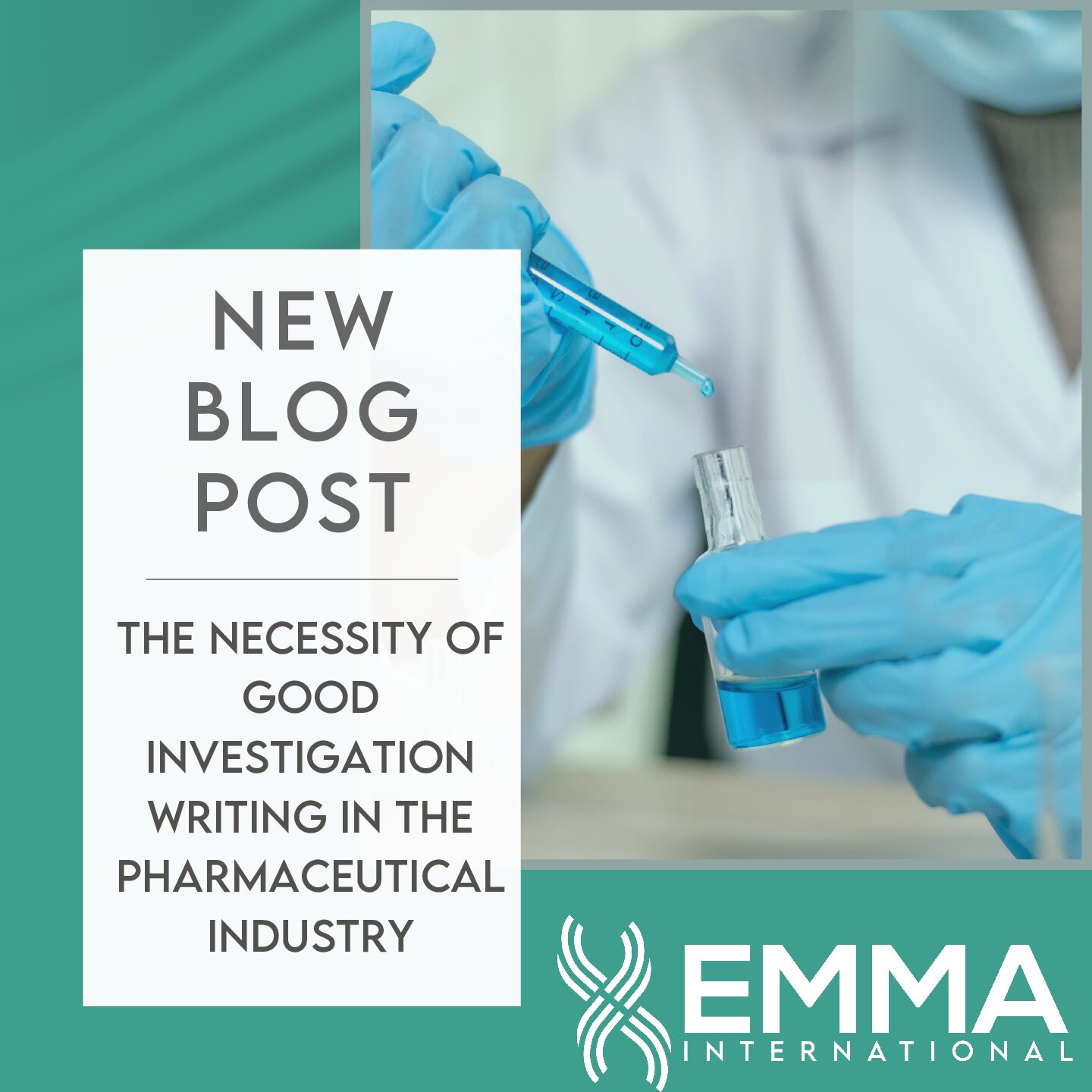In the world of manufacturing, especially in sectors like pharmaceuticals, biotechnology, and food production, ensuring product safety and quality is paramount. Amidst the complex processes and stringent regulations, one crucial step often stands out for its significance: cleaning validation. This blog will discuss why cleaning validation is indispensable, its importance in various industries, and how it contributes to maintaining high standards of safety and quality.
Cleaning validation is a systematic and documented process that ensures equipment, and facilities are effectively cleaned to remove residues of previous products, cleaning agents, and microbial contaminants. It’s not merely about cleanliness but about safeguarding product integrity, preventing cross-contamination, and complying with regulatory requirements.
The Importance Across Industries
Pharmaceuticals and Biotechnology:
- Product Safety: In pharmaceutical and biotech manufacturing, even minute traces of contaminants can jeopardize product safety and efficacy. Validation ensures that equipment is thoroughly cleaned, minimizing the risk of contamination, and ensuring product purity.
- Regulatory Compliance: Regulatory agencies, such as the FDA and EMA, mandate stringent guidelines for validation to ensure consumer safety and product quality. Compliance with these regulations is essential for obtaining regulatory approval and maintaining market access.
- Consumer Health: In the food and beverage industry, inadequate cleaning can lead to foodborne illnesses caused by microbial contamination or allergen cross-contact. Validation helps mitigate these risks by ensuring that processing equipment is properly sanitized and free from contaminants.
- Regulatory Requirements: Food safety regulations, such as Hazard Analysis and Critical Control Points (HACCP) and Good Manufacturing Practices (GMP), require rigorous validation to prevent food contamination and ensure compliance with industry standards.
Key Components of Cleaning Validation include:
- Cleaning Procedures: Well-defined cleaning procedures outline the steps, cleaning agents, and equipment required to effectively remove residues and contaminants.
- Sampling and Testing: Sampling plans and analytical testing methods assess the cleanliness of equipment surfaces and verify the absence of residual contaminants.
- Acceptance Criteria: Establishing acceptance criteria defines the maximum allowable limits for residual contaminants based on safety and quality considerations.
- Documentation and Record-Keeping: Comprehensive documentation of validation protocols, reports, and records ensures traceability and accountability, facilitating regulatory compliance and continuous improvement.
Cleaning validation is a fundamental aspect of manufacturing operations across industries, essential for maintaining product safety, quality, and regulatory compliance. By investing in robust cleaning validation protocols, companies demonstrate their commitment to consumer health, product integrity, and industry best practices. As regulatory standards evolve and consumer expectations rise, prioritizing cleaning validation remains imperative, underscoring the collective responsibility to deliver safe and high-quality products to markets worldwide.
EMMA International can help support a robust cleaning validation for your process. Call us at 248-987-4497 or email info@emmainternational.com to learn more!
FDA (Aug 2014) Validation of Cleaning Processes retrieved from: https://www.fda.gov/inspections-compliance-enforcement-and-criminal-investigations/inspection-guides/validation-cleaning-processes-793





